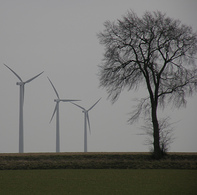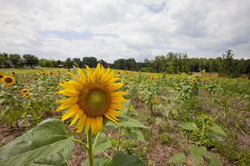2.8 energy
Assignment details
The mark scheme for this unit is shown below
Why use alternative sources of energy?Increased energy demands at the same time as traditional fossil fuels are running out, leads to extreme pressures to use other sources of energy. Firstly we can consider reducing the amount of energy we use. But failing this, we look to produce energy from other renewable sources which are free like the sun or the wind or waves. Often, these alternative sources have a lower environmental impact too with less pollution or technological demand compared to say, nuclear power. Society demands energy now which is clean and are prepared (sometimes) to pay a premium for this - consider the uptake of hybrid cars which are expensive to buy but cheaper to run. Ethical considerations are involved in some energy decisions , e.g. we should not damage remote eco-systems like the Arctic circle. Working in hazardous areas, for example in deep drilling oil wells increases costs and risks. But development of alternative energy also has risks e.g. tidal bores or wave power units have to operate in all weathers. Putting wind turbines out at sea will have implications for sea birds and ocean life too even as it reduces the objections to spoilt views in otherwise beautiful landscapes.
|
global influences on uk energyThere are global factors which affect what happens to our domestic energy industries. For example, as other economies in the world may be expanding faster than our economy, like China, they can afford to buy more oil and coal on the global markets. This competition increases prices for us in the UK. Political differences could lead to shortages in fuels like gas which comes to the UK in a pipeline from Russia. Environmental concerns over nuclear power makes our government reluctant to build any more nuclear power stations. Other environmental issues add costs to producing energy from fossil fuels because of new legislation to reduce pollution e.g. by scrubbing exhaust gases. Lack of investment or political disturbances in countries that export fuel can affect the amount of fuel they produce and sell, potentially disrupting electricity supplies in countries that import from them.
| ||||||
Photos used under Creative Commons from OliBac, Bryn Pinzgauer, Catawba County




